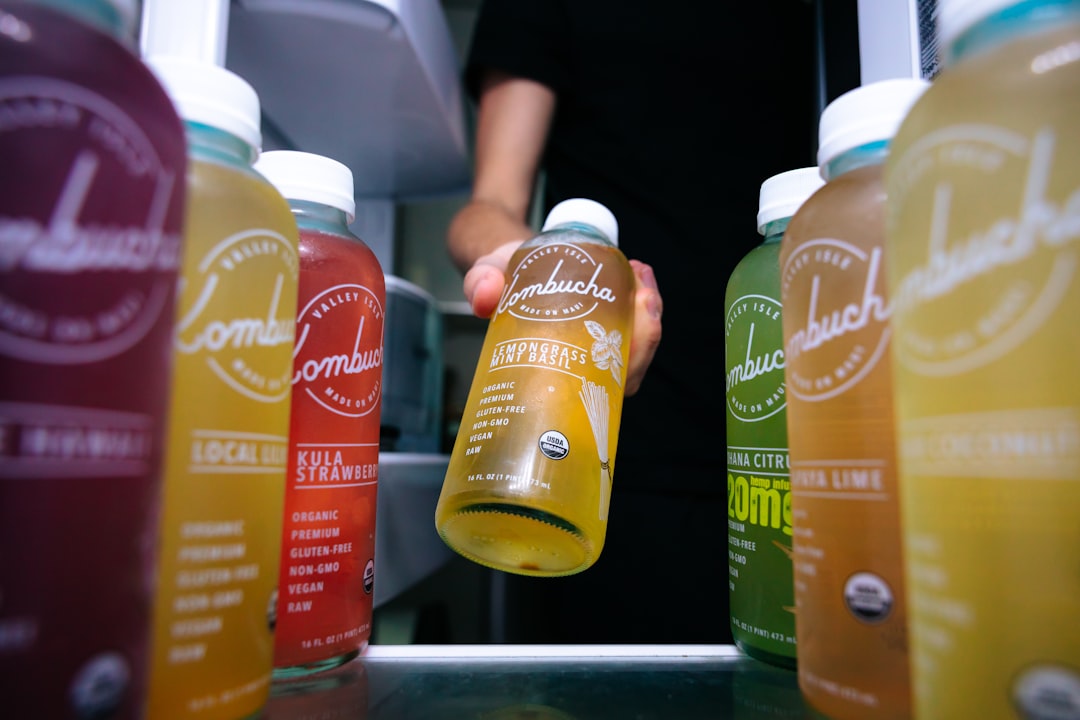Smoothies have become a popular breakfast or snack option for people looking for a healthy and convenient meal. Not only are they tasty, but they can also offer a variety of health benefits, including aiding in digestion and relieving constipation. Constipation is a common digestive problem that affects many people, and it can be caused by a variety of factors, such as a lack of fiber in the diet, dehydration, or a sedentary lifestyle.
Smoothies can be an effective way to relieve constipation because they are packed with fiber, vitamins, and minerals that can help promote healthy digestion. Adding ingredients like leafy greens, fruits, and nuts to a smoothie can increase its fiber content and help regulate bowel movements. Additionally, smoothies can be a great way to stay hydrated, which is important for maintaining healthy digestion.
Understanding Constipation

Photo by Giorgio Trovato / Unsplash
Constipation is a common digestive problem that affects many people. It is a condition where bowel movements become less frequent or difficult to pass. In general, a person is considered constipated if they have fewer than three bowel movements per week.
Causes of Constipation
Several factors can contribute to constipation. Some of the most common causes include:
Poor diet: A diet that is low in fiber and high in processed foods can lead to constipation.
Dehydration: Not drinking enough water can cause stools to become hard and difficult to pass.
Lack of exercise: Physical activity helps stimulate the muscles in the digestive tract, promoting regular bowel movements.
Certain medications: Some medications, such as painkillers and antidepressants, can cause constipation as a side effect.
Medical conditions: Certain medical conditions, such as hypothyroidism and irritable bowel syndrome (IBS), can cause constipation.
Symptoms and Risks
The symptoms of constipation can vary from person to person. Some common symptoms include:
Infrequent bowel movements
Difficulty passing stools
Hard, dry stools
Abdominal pain or discomfort
If constipation is left untreated, it can lead to more serious health problems. Chronic constipation can cause hemorrhoids, anal fissures, and rectal prolapse. It can also increase the risk of developing colorectal cancer.
In summary, constipation is a common digestive problem that can be caused by a variety of factors. If symptoms persist, it is important to seek medical attention to rule out any underlying medical conditions and prevent further complications.
Benefits of Smoothies for Constipation
Constipation is a common digestive problem that can be caused by various factors such as poor diet, dehydration, and lack of physical activity. Smoothies can be an effective way to alleviate constipation due to their high water and fiber content, as well as the presence of digestive enzymes. Here are some of the benefits of smoothies for constipation:
Hydration and Fiber
Smoothies are an excellent source of hydration and fiber, two essential nutrients that can help relieve constipation. By blending fruits and vegetables with water or milk, smoothies provide a concentrated source of fluids that can help soften stools and make them easier to pass. Additionally, fruits and vegetables are rich in fiber, which adds bulk to stools and promotes regular bowel movements.
Digestive Enzymes
Smoothies can also contain digestive enzymes, which are natural compounds that help break down food and improve digestion. For example, pineapple contains bromelain, an enzyme that can help reduce inflammation and improve digestion. Papaya contains papain, an enzyme that can help break down protein and improve nutrient absorption. By incorporating fruits and vegetables with digestive enzymes into smoothies, individuals can improve their digestive health and alleviate constipation.
Overall, smoothies can be a delicious and effective way to alleviate constipation. By incorporating hydrating and fiber-rich fruits and vegetables, as well as digestive enzymes, individuals can promote regular bowel movements and improve their digestive health.
Choosing the Right Ingredients
When it comes to making smoothies for constipation, choosing the right ingredients is key. The following subsections will highlight some of the best fruits, vegetables, fiber sources, and probiotics to include in your smoothies.
Best Fruits for Constipation
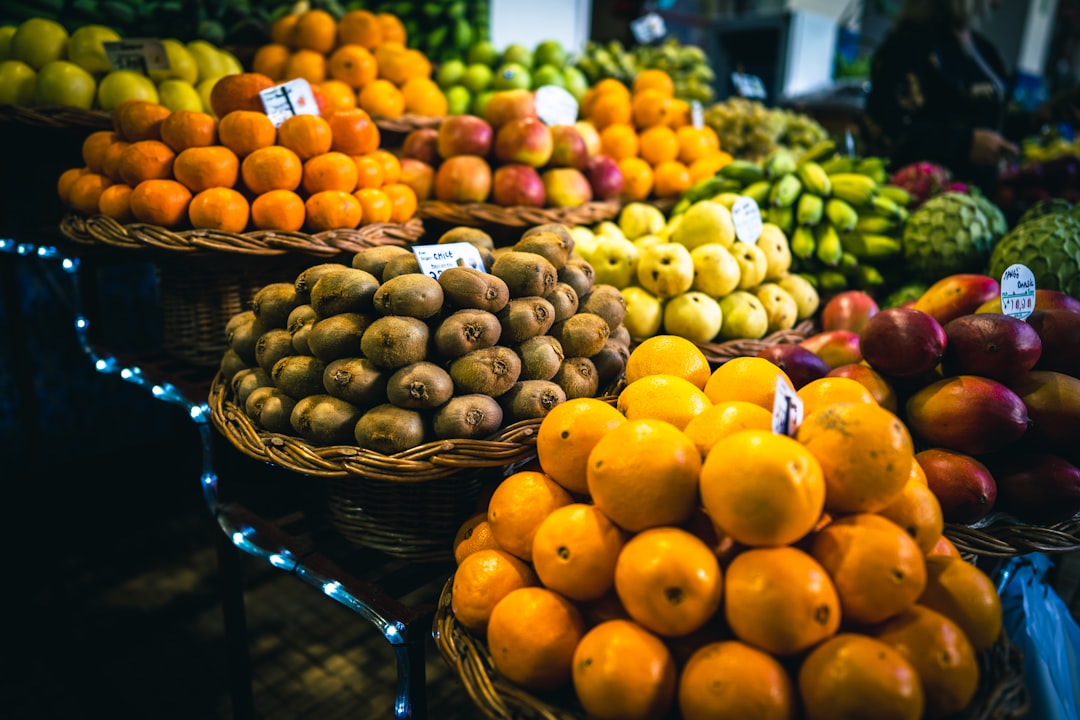
Photo by Artem Zhukov / Unsplash
Fruits are a great source of fiber, which can help regulate bowel movements. Some of the best fruits to include in your constipation-fighting smoothies include:
Berries (raspberries, strawberries, blueberries)
Apples
Pears
Kiwi
Prunes
Best Vegetables for Constipation
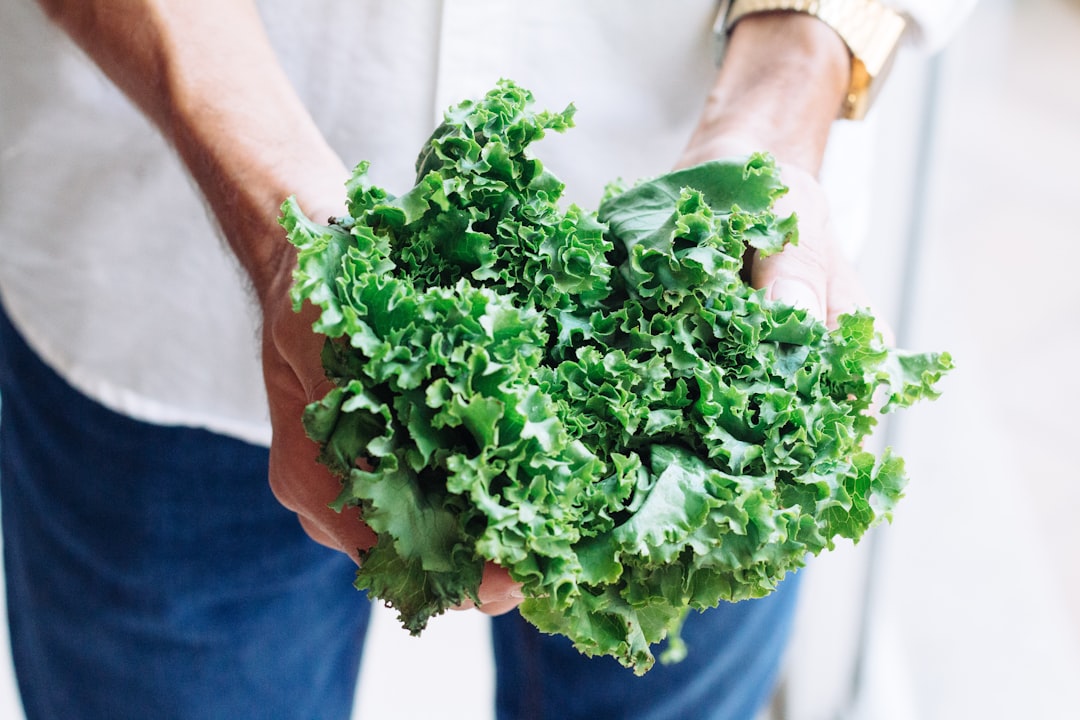
Photo by Adolfo Félix / Unsplash
Vegetables are another great source of fiber and can also help keep you hydrated. Some of the most effective vegetables to include in your smoothies include:
Spinach
Kale
Broccoli
Carrots
Sweet potatoes
Additional Fiber Sources for Constipation
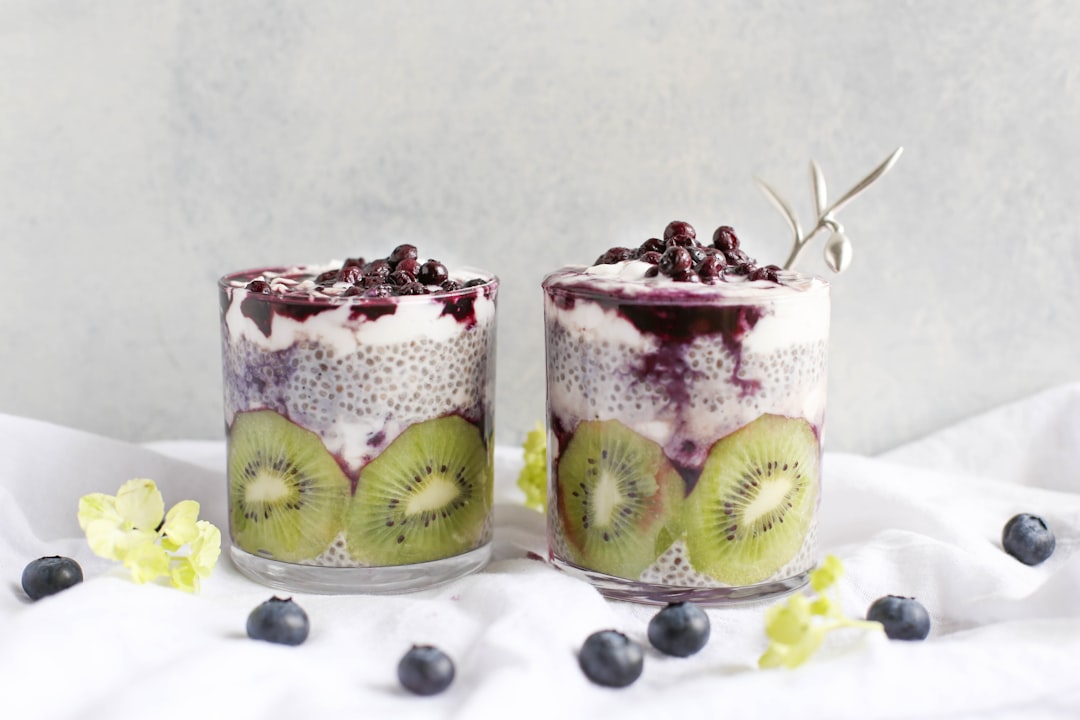
Photo by Brenda Godinez / Unsplash
In addition to fruits and vegetables, there are other fiber sources you can add to your smoothies to help fight constipation. These include:
Chia seeds
Flax seeds
Psyllium husk
Oat bran
Wheat bran
Probiotics and Gut Health for Constipation
Probiotics are live bacteria and yeasts that are good for your digestive system. Including probiotics in your smoothies can help improve gut health and promote regular bowel movements. Some of the best probiotic-rich ingredients to add to your smoothies include:
Yogurt
Kefir
Kimchi
Kombucha
Sauerkraut
By choosing the right ingredients and incorporating them into your smoothies, you can help alleviate constipation and promote better digestive health.
Smoothie Recipes for Constipation
Constipation can be a frustrating and uncomfortable condition. Fortunately, smoothies can help alleviate the symptoms of constipation by providing a good source of fiber, vitamins, and minerals. Here are some smoothie recipes to help with constipation:
Simple Fruit Smoothies
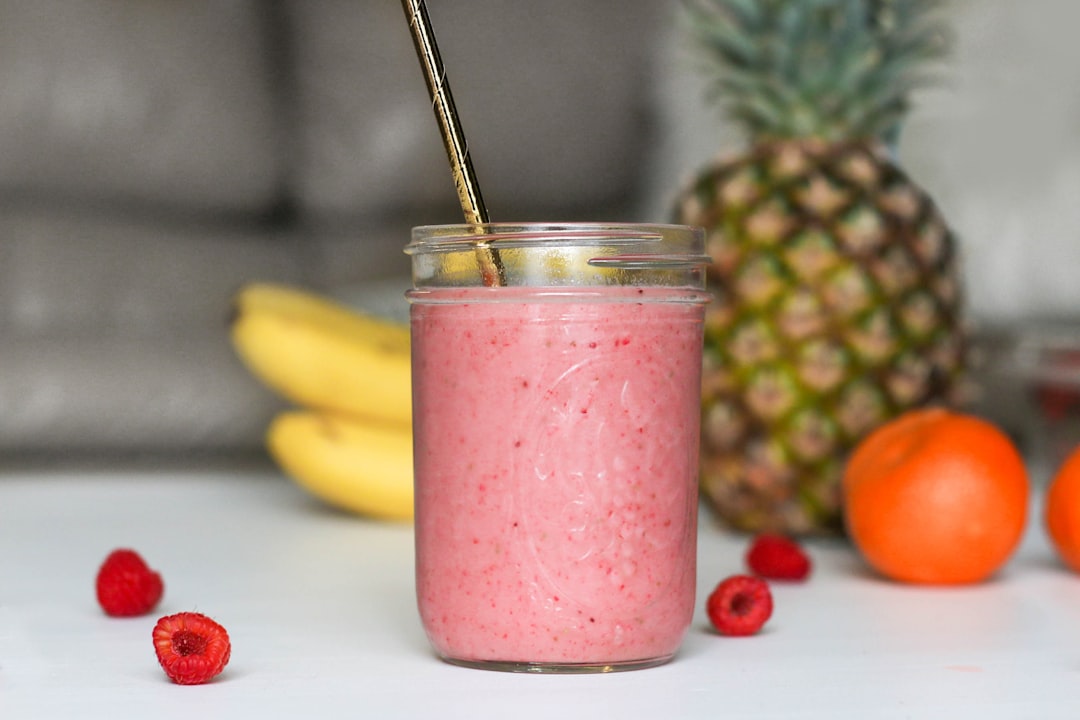
Photo by Element5 Digital / Unsplash
Fruit smoothies are a great way to start the day and can be made in a variety of ways. Some of the best fruits for constipation include apples, bananas, berries, and kiwi. These fruits are high in fiber and can help regulate bowel movements.
Here's a simple recipe for a fruit smoothie:
1 banana
1 cup of berries (such as strawberries, blueberries, or raspberries)
1 cup of almond milk
1 tablespoon of honey
Blend all the ingredients together and enjoy!
Green Vegetable Smoothies

Photo by Jan Sedivy / Unsplash
Green vegetables are a great source of fiber and can help promote healthy digestion. Some of the best vegetables for constipation include kale, spinach, broccoli, and celery. These vegetables are also high in vitamins and minerals, making them an excellent addition to any smoothie.
Here's a recipe for a green vegetable smoothie:
1 cup of kale
1 cup of spinach
1 cup of chopped celery
1 apple, chopped
1 cup of water
Blend all the ingredients together and enjoy!
Nutrient-Packed Blends

Photo by Gabrielle Henderson / Unsplash
For those who want an extra boost of nutrients, adding nuts and seeds to smoothies can be a great option. Nuts and seeds are high in fiber, healthy fats, and protein, making them an excellent addition to smoothies.
Here's a recipe for a nutrient-packed smoothie:
1 banana
1 tablespoon of almond butter
1 tablespoon of chia seeds
1 cup of almond milk
1 teaspoon of cinnamon
Blend all the ingredients together and enjoy!
Incorporating these smoothie recipes into your diet can help alleviate the symptoms of constipation. However, it's important to remember to also drink plenty of water and eat a balanced diet to maintain healthy digestion.
Preparation and Consumption Tips
Smoothie Consistency
When preparing a smoothie for constipation, it is important to consider the consistency of the drink. A smoothie that is too thick may be difficult to digest, while a smoothie that is too thin may not provide enough fiber to help relieve constipation. To achieve the perfect consistency, it is recommended to start with a base of liquid such as water, coconut water, or almond milk. Then, add in your choice of fruits and vegetables, such as bananas, berries, spinach, or kale. Finally, add in some fiber-rich ingredients such as chia seeds, flax seeds, or psyllium husk to help promote bowel movements.
Best Time to Drink Smoothies for Constipation
Drinking a smoothie at the right time can also help relieve constipation. It is recommended to drink a smoothie in the morning on an empty stomach, as this can help stimulate bowel movements and promote regularity throughout the day. Alternatively, drinking a smoothie as a snack between meals can help keep the digestive system moving and prevent constipation. It is important to note that drinking smoothies in the evening or before bed may not be as effective for relieving constipation, as the body's digestive system tends to slow down during sleep.
Overall, preparing a smoothie with the right consistency and drinking it at the right time can be an effective way to help relieve constipation. By incorporating fiber-rich ingredients and staying hydrated, individuals can promote regularity and improve digestive health.
Lifestyle and Dietary Considerations
Regular Exercise
Incorporating regular exercise into one's daily routine can help alleviate constipation. Exercise increases the rate at which food moves through the digestive system, leading to more frequent bowel movements. Aerobic exercises, such as running, cycling, or swimming, are particularly effective in promoting bowel regularity.
Balanced Diet
Eating a balanced diet is essential for maintaining healthy bowel movements. A diet rich in fiber, fruits, and vegetables can help prevent constipation. Fiber adds bulk to the stool, making it easier to pass, while fruits and vegetables provide essential vitamins and minerals that promote digestive health. Drinking plenty of water is also important to prevent dehydration, which can lead to constipation.
It is important to note that excessive consumption of dairy products, red meat, and processed foods can contribute to constipation. Limiting the intake of these foods and incorporating more fiber-rich foods and water into the diet can help alleviate constipation.
In summary, regular exercise and a balanced diet are important lifestyle and dietary considerations for those experiencing constipation. By making small changes to their daily routine and diet, individuals can promote bowel regularity and alleviate constipation.
Potential Side Effects and Precautions
While smoothies can be a great way to relieve constipation, there are a few potential side effects and precautions to keep in mind. Here are some things to consider:
1. High Fiber Intake
Smoothies that are high in fiber can cause bloating, gas, and even constipation if consumed in excess. It is important to gradually increase fiber intake and drink plenty of water to help prevent these side effects.
2. Allergies and Sensitivities
Some people may have allergies or sensitivities to certain ingredients commonly found in smoothies, such as nuts, dairy, or soy. It is important to read labels carefully and avoid any ingredients that may cause an adverse reaction.
3. Added Sugars
Many store-bought smoothies contain added sugars, which can contribute to weight gain and other health problems. It is important to choose smoothies that are low in added sugars or make your own at home using natural sweeteners like honey or fruit.
4. Medication Interactions
Some ingredients commonly found in smoothies, such as grapefruit or St. John's Wort, can interact with certain medications and cause adverse effects. It is important to talk to a healthcare provider before consuming smoothies if you are taking any medications.
By keeping these potential side effects and precautions in mind, you can enjoy the benefits of smoothies for constipation relief without any negative consequences.
When to See a Doctor
While smoothies can be a helpful addition to a constipation treatment plan, there are certain cases where it may be necessary to seek medical attention. If constipation persists for more than a few days despite changes in diet and lifestyle, it is recommended to consult with a healthcare provider.
Additionally, if there are any concerning symptoms such as severe abdominal pain, blood in the stool, or unexplained weight loss, it is important to seek medical attention immediately. These symptoms could indicate a more serious underlying condition that requires prompt treatment.
It is also important to note that certain medications and medical conditions can cause constipation. If an individual is taking medication or has a medical condition that may be contributing to their constipation, it is important to discuss this with their healthcare provider to determine the best course of action.
Overall, while smoothies can be a helpful tool in managing constipation, it is important to seek medical attention if symptoms persist or if there are any concerning symptoms present.

